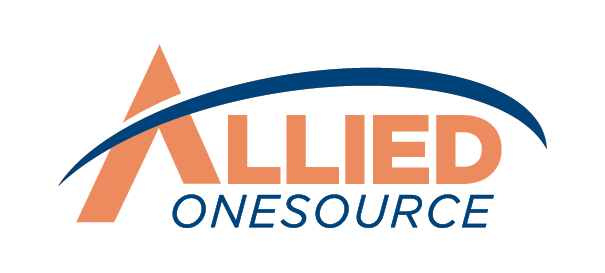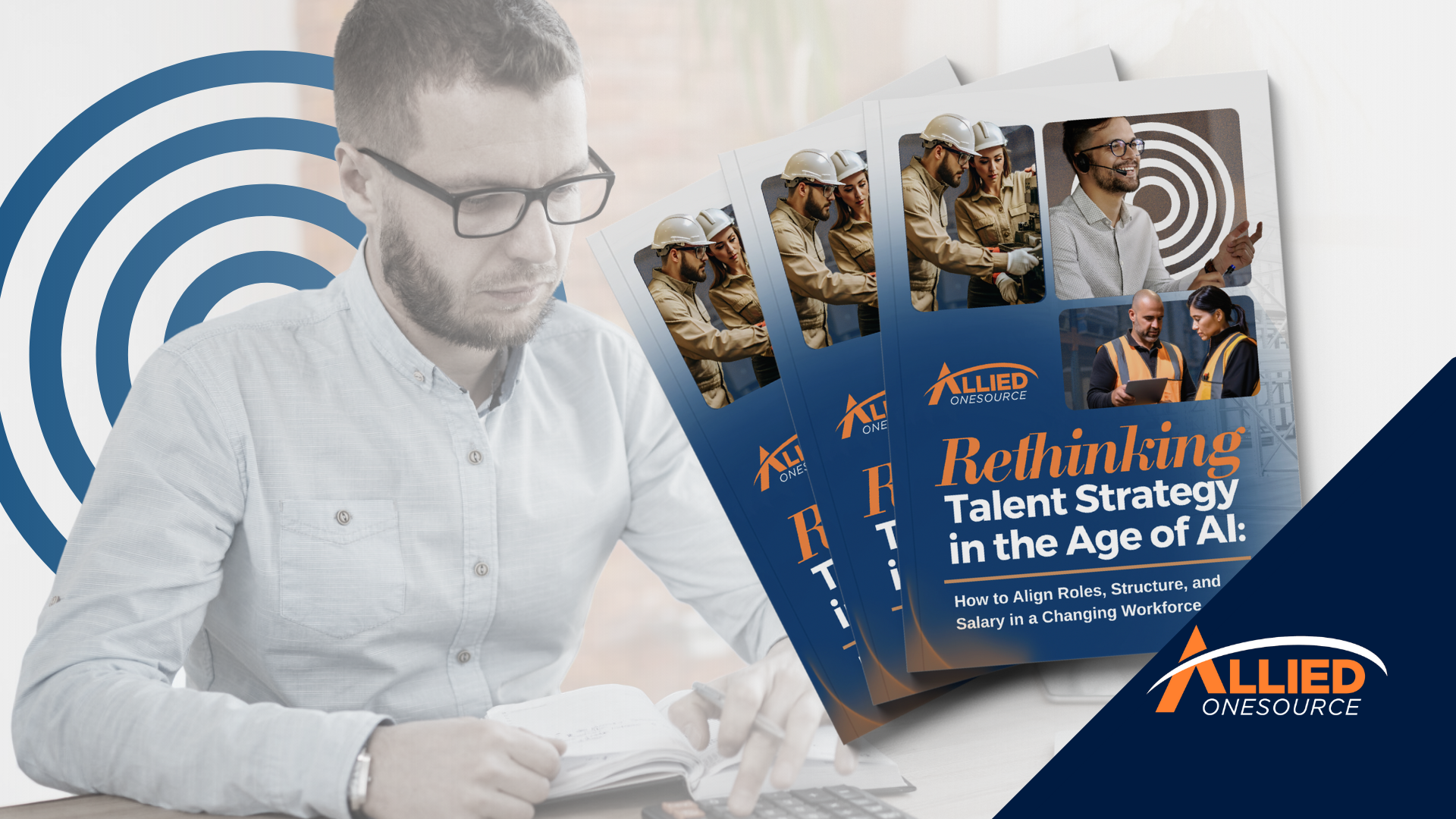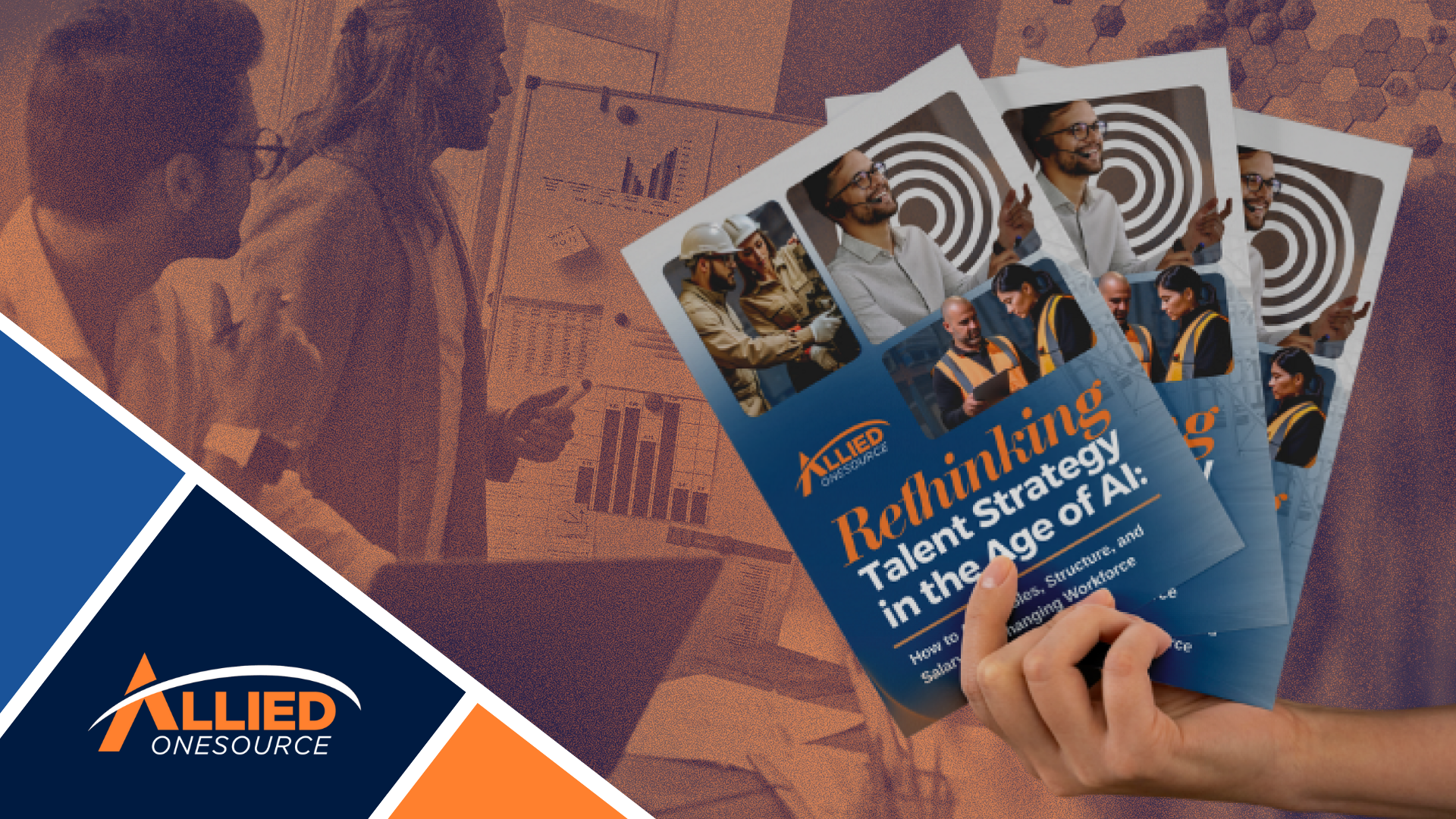The Role of Resilience in Achieving Career Success
Navigating the ups and downs of a career isn’t easy. Whether it’s facing unexpected challenges, adapting to new roles, or bouncing back from setbacks, resilience is what keeps you moving forward. In today’s competitive landscape, where change is constant, resilience is essential. It’s the ability to recover, adapt, and thrive that can make all the difference between simply surviving and truly succeeding in your career.
Understanding and cultivating resilience can significantly impact your career trajectory. From overcoming setbacks to embracing change and maintaining motivation, resilience is crucial in achieving long-term career growth. Let's explore how this vital skill can transform your professional journey and equip you to navigate any challenge that comes your way.
What is Resilience?
Resilience is the ability to bounce back from difficulties and adapt to change, making it a vital skill for a thriving career. In the workplace, resilience helps you navigate challenges, maintain motivation, and seize opportunities.
Studies show resilient individuals are 50 percent more likely to achieve their career goals and report 30 percent higher job satisfaction than their less resilient peers.¹ Its key components include:
- Adaptability: The ability to adjust to new situations and challenges, which is essential in a fast-changing work landscape.
- Perseverance: It is staying committed to your goals, even when faced with obstacles. This determination is crucial for long-term success.
- Emotional Intelligence: Involves understanding and managing your emotions, as well as empathizing with others. This skill helps build strong relationships and navigate workplace dynamics.
What is the Role of Resilience in Achieving Career Success?
Resilience is essential for career longevity because it enables you to overcome challenges, adapt to change, and maintain motivation. Here’s how fostering resilience enhances career longevity and satisfaction.
Overcoming Setbacks
Setbacks are inevitable in any career—whether it’s a job rejection, a missed promotion, or a project that didn’t go as planned. But what truly defines your professional journey is not the setbacks themselves, but how you move past them. The ability to bounce back is crucial because it determines whether you’ll stagnate or grow from the experience.
If you don’t learn to overcome setbacks, you risk staying stuck in the same place and miss out on opportunities for growth and advancement. In fact, 70 percent of successful leaders attribute their achievements to their ability to recover from setbacks.²
Take J.K. Rowling, for instance. Before becoming a bestselling author, Rowling faced numerous rejections from publishers. Instead of giving up, she remained determined and continued to refine her work, eventually publishing the Harry Potter series, which sold more than 500 million copies globally. Her journey shows how resilience can transform setbacks into opportunities for growth.
Similarly, Steve Jobs faced a major setback when he was fired from Apple, the company he co-founded. Rather than allowing this setback to define him, Jobs channeled his energy into creating Pixar, a highly successful animation studio. Later, he returned to Apple, where he led the company to become one of the most valuable in the world.
Read More:What's Holding You Back? 5 Barriers to Career Advancement and How to Overcome Them
Adapting to Change
As technology advances and industries evolve, job roles are constantly shifting. Your ability to embrace these changes can make or break your career. Think about it: how often have you faced a new software update, a shift in company strategy, or even a complete industry overhaul? These changes are the new normal, and your adaptability is important.
When you view new challenges as opportunities rather than obstacles, you're already ahead of the game. Maybe it's learning a cutting-edge skill that puts you in line for that promotion, or perhaps it's pivoting your expertise to fit an emerging industry trend. Whatever the case, your adaptability is what keeps you relevant and valuable in a constantly evolving workplace.
Take Netflix, for example. They started as a DVD rental service, but when streaming became the next big thing, they didn't just adapt—they revolutionized the entire entertainment industry. Your career can follow a similar trajectory if you're willing to evolve.
Read More:Cultivating Perseverance as A Key Leadership Skill
Sustaining Motivation
A resilient mindset helps you stay focused and driven, even during difficult times. When you're motivated, you're more likely to pursue your goals and overcome obstacles, which is essential in today's competitive workplace.
For example, imagine facing multiple rejections during your job search. Resilient individuals consider these setbacks temporary and keep their long-term goals in sight. They understand that careers have ups and downs, and they're prepared to weather the storms. This perspective helps them bounce back from disappointments faster and stay committed to their long-term goals.
Read More:Here's Why Soft Skills Matter More in a Digital World
Ways to Foster Resilience
Here's how you can build resilience and thrive in your work environment.
1. Set Your Goals
Career goals provide direction and a sense of purpose. If you don't have well-defined career objectives, it's easy to feel lost or overwhelmed. This can make it more difficult to stay motivated or make meaningful progress.
Begin by determining your short-term and long-term goals that align with your aspirations and skills. For example, you aspire to advance to a managerial role. A short-term goal might be to complete a leadership training course, while a long-term goal could be to gain experience by leading a project team.
Breaking these goals into smaller, actionable steps, such as attending workshops or seeking mentorship, creates a manageable plan that keeps you focused and motivated.
2. Have a Growth Mindset
A growth mindset is the belief that your abilities and knowledge can be developed through effort and some learning. Conversely, a fixed mindset sees your talents as something you can't change or improve. Now, a growth mindset is important in building resilience because you see setbacks as chances to learn something new rather than have it dictate your limitations.
Say you're struggling with a new skill, such as project management. Approach it with curiosity rather than frustration. Ask for feedback, look for resources, and use the experience to refine your approach. This mindset shift will help you adapt and thrive in your career.
3. Build a Support Network
Surround yourself with supportive friends, family, and professional contacts. A strong support network provides encouragement, advice, and perspective. They can also assist you in navigating the ups and downs of your career journey.
4. Develop Problem-Solving Skills
Hard skills like technical expertise are important, but soft skills such as problem-solving are what truly set you apart. These skills are vital for overcoming challenges and adapting to new situations, no matter the industry.
For example, if you face a tough coding issue, your technical knowledge alone won’t resolve it if you can't think critically and explore alternative solutions. Problem-solving skills are universally valuable across fields like technology, finance, and healthcare. They help you navigate obstacles and innovate.
So, tackle diverse challenges and seek feedback. Engaging in activities that push your boundaries, like puzzles or cross-disciplinary projects, can also enhance your ability to think creatively and adapt.
5. Practice Self-Care
Mental resilience is important in navigating career challenges but maintaining overall well-being is equally important. Prioritizing self-care ensures that you're physically and emotionally prepared to handle stress effectively.
Practice mindfulness like meditation or deep breathing exercises can help manage stress and maintain focus. Regular physical activity, balanced nutrition, and sufficient rest also contribute to a healthier, more resilient mindset.
6. Reflect, Learn, Adapt
Building resilience isn't just about bouncing back; it's also about learning and evolving from each experience. Simply applying resilience tips without reflection can lead to repetitive mistakes.
After facing a setback, take the time to analyze what went wrong and what can be improved. Use these insights to adjust your approach and prevent similar issues in the future. Continuous learning and adapting based on your experiences ensure that you're resilient and growing and improving in your career.
Read More: 10 Personal Traits to Describe in Your Resume
ACHIEVE CAREER RESILIENCE WITH ALLIED ONESOURCE
Resilience is crucial for professional success across any industry. Whether you're seeking your next big opportunity or a fresh start,
Allied OneSource can guide you through the process. Let’s harness your resilience to find the right job that aligns with your ambitions and helps you thrive.
Contact us today to explore how we can support your career journey.
Reference
1. Wells, Rachel. "5 Personality Traits of Successful Leaders in 2024." Forbes, 19 Mar. 2024, www.forbes.com/sites/rachelwells/2024/03/19/5-personality-traits-of-successful-leaders-in-2024/.











